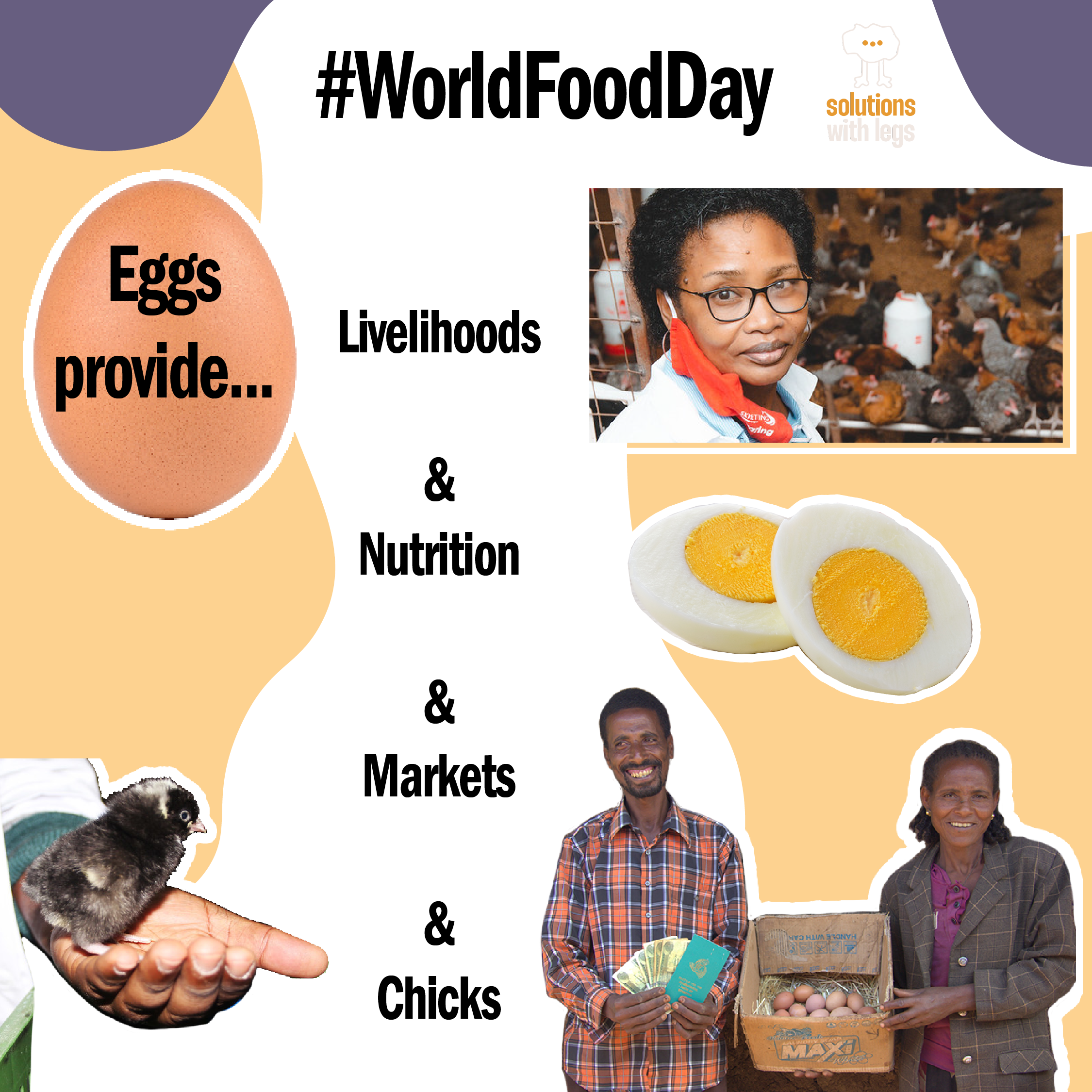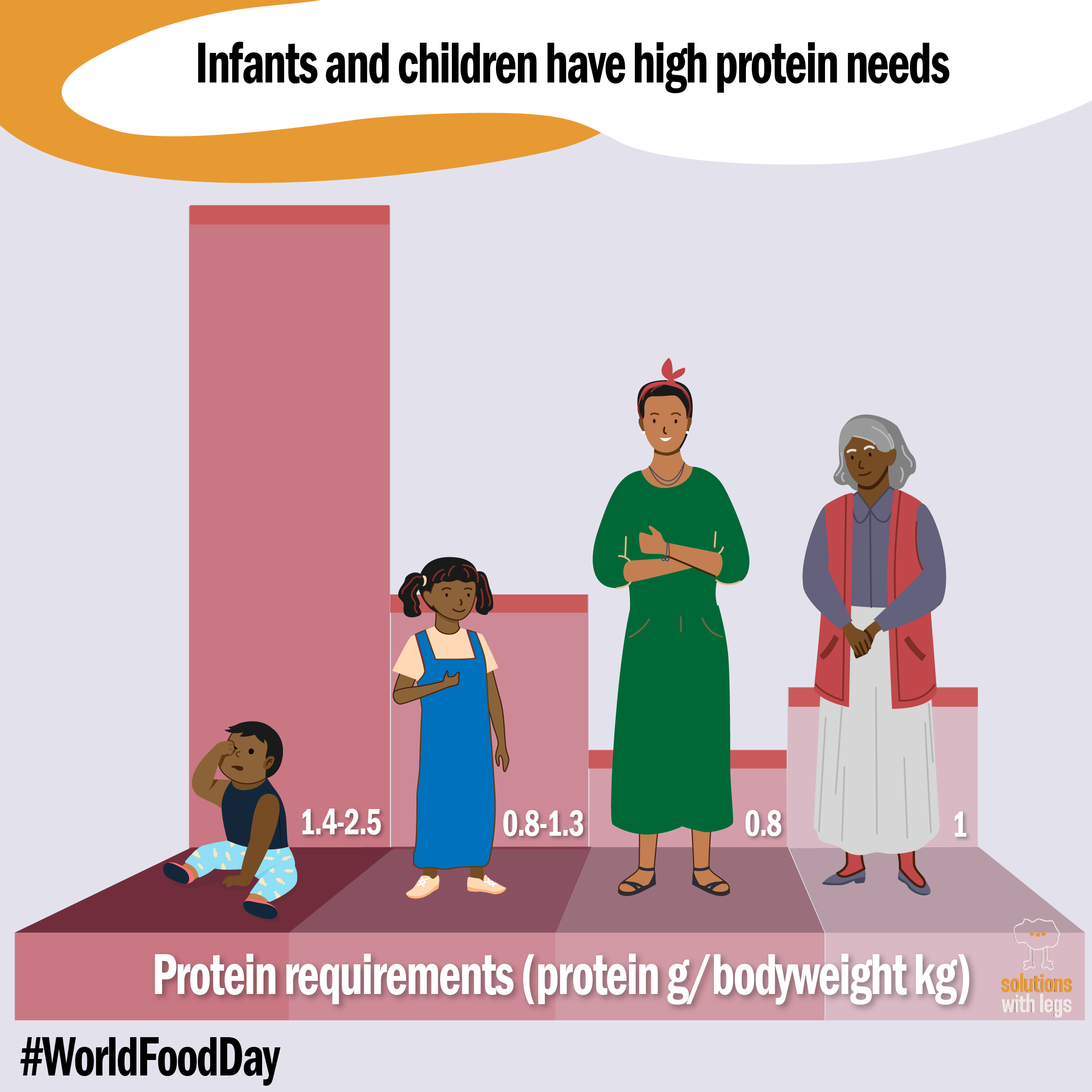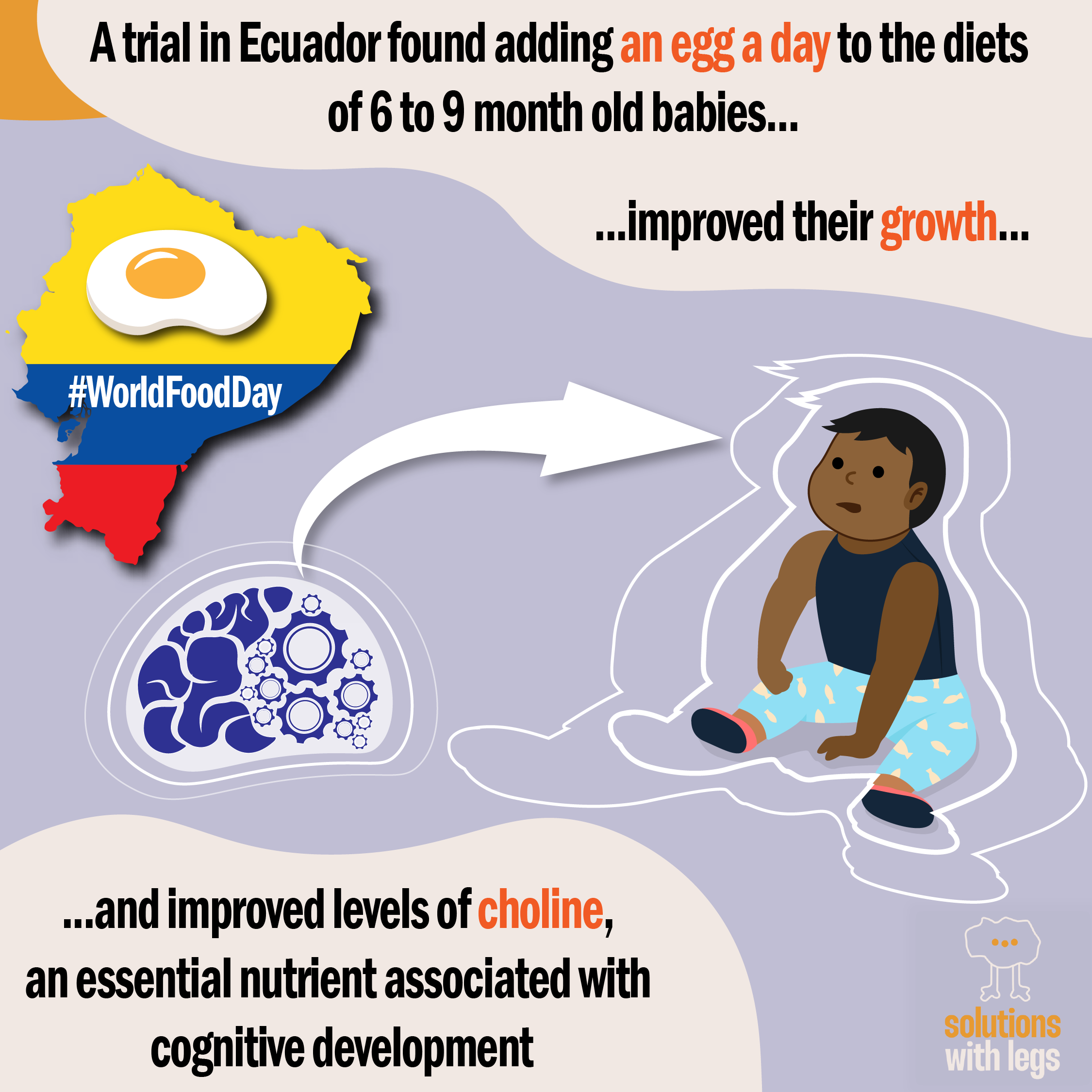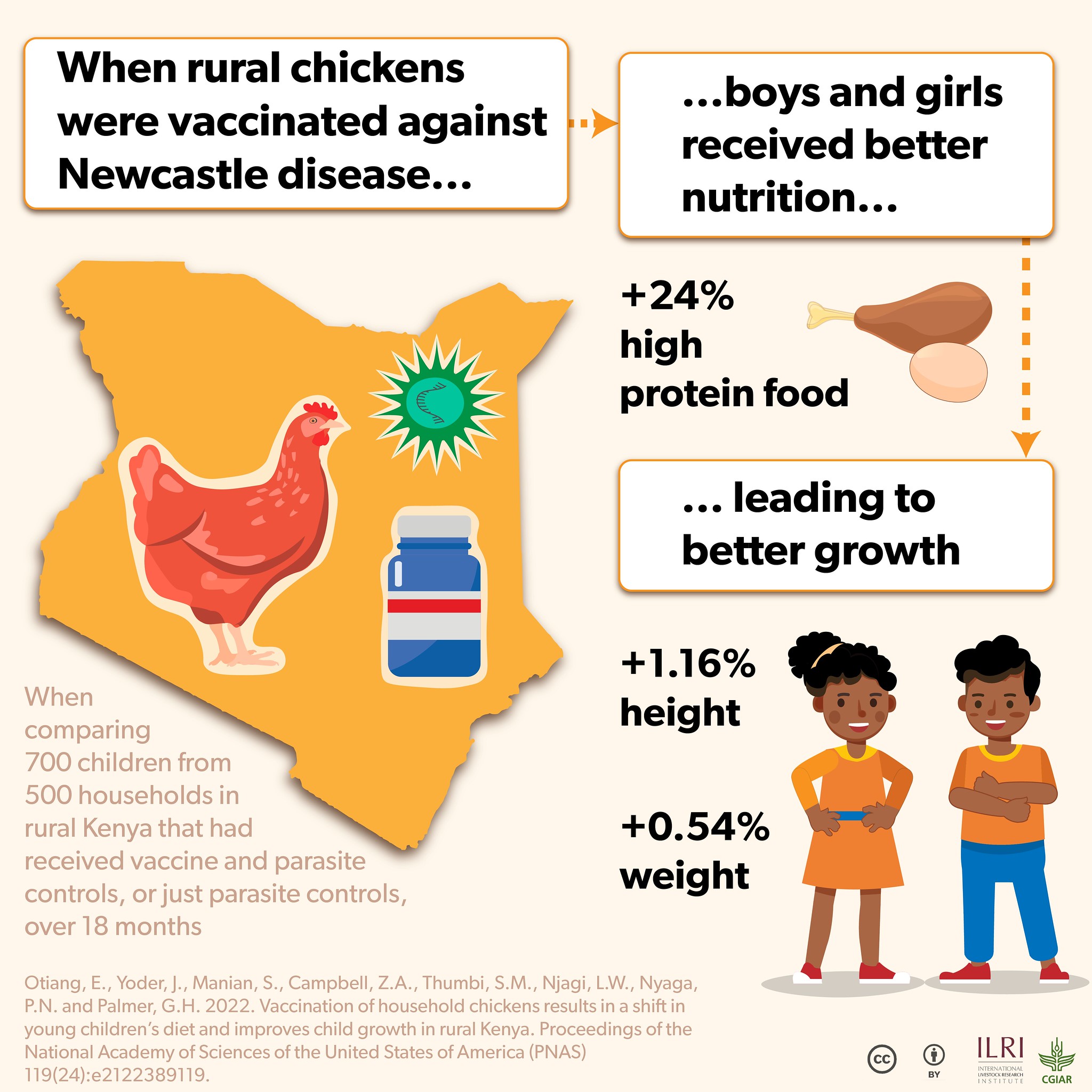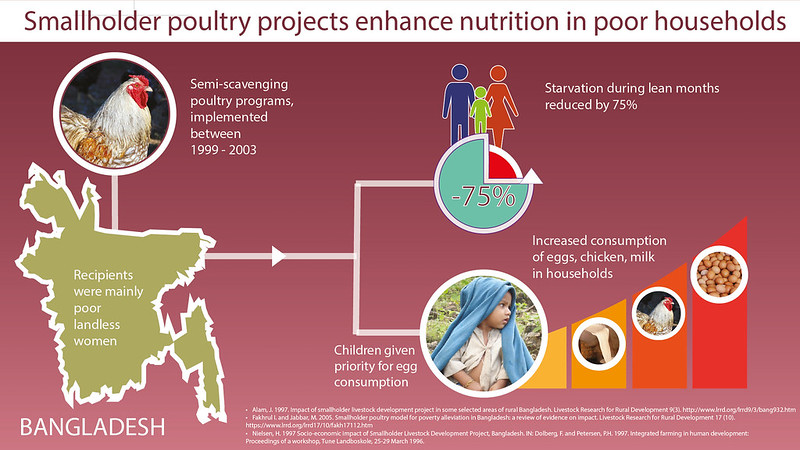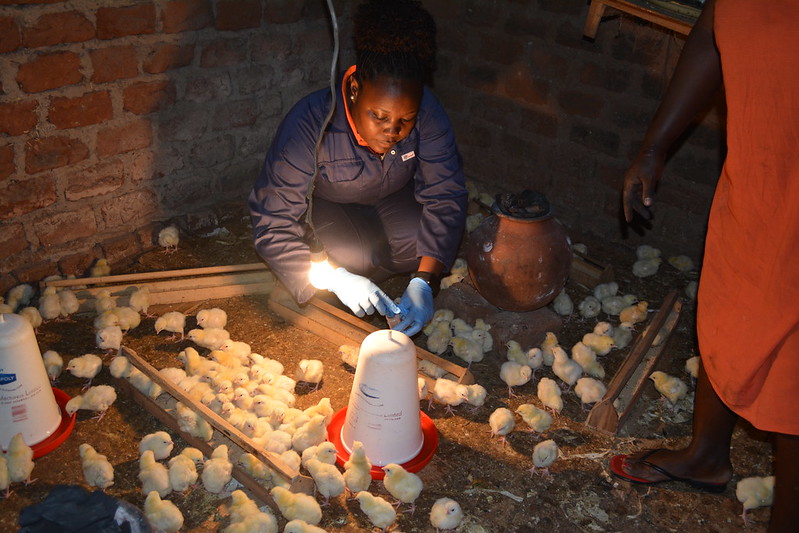

Poultry
Genetic innovations
Breeding improved indigenous chickens
Through selective breeding and identifying optimal crossbreed combinations, we have developed chicken breeds that boast improved productivity and adaptability to local conditions.
This strategy diminishes reliance on costly, resource-intensive exotic breeds, aligns with smallholder farmers' preferences, and enhances their income. Additionally, it promotes the conservation of indigenous chicken breeds by encouraging their greater adoption.
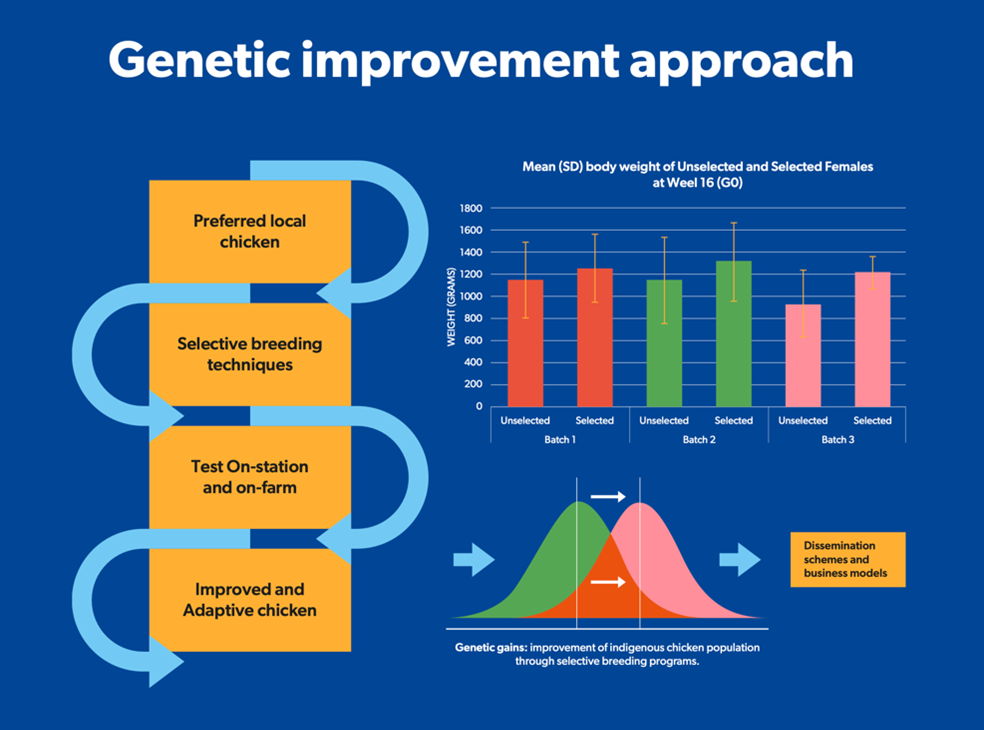
By making available adaptive and productive chicken lines, the improved chickens can raise the incomes of smallholder farmers, especially women, while also contributing to the important goal of conserving the rich genetic diversity of chickens across Africa and Asia.
Preserving genetic diversity
Local chicken breeds and their rich genetic diversity face risks from widespread introduction of exotic breeds/lines. In response, ILRI, Roslin Institute, and partners developed an innovative biobanking method to safeguard tropical poultry biodiversity.
Biobanked genetic material of chickens can reintroduce specific breeds into production or enable research to isolate valuable traits, ensuring the preservation and improvement of locally adapted, farmer-preferred chicken breeds.
Better nutrition
Vaccinating household chicken flocks against Newcastle disease, the most common cause of mortality in village chickens, resulted in increased household flock size and increased dietary intake of protein and micronutrient-rich foods by young children.
Most importantly, this change in diet led to increased growth in children, compared to children in homes where chickens were not vaccinated.
Listen to a podcast about this research here.
Smallholder poultry projects enhance nutrition in poor households, as proven by studies such as this one in Bangladesh.
Eggs are a rich source of nutrients and protein, especially for infants and young children who have high nutritional needs.
"Vegetables, fruits, legumes and cereals are essential. But nutrient-dense animal products are uniquely effective for pulling young children back from the brink of acute and chronic malnutrition," said former chair of UN Nutrition Naoko Yamamoto.
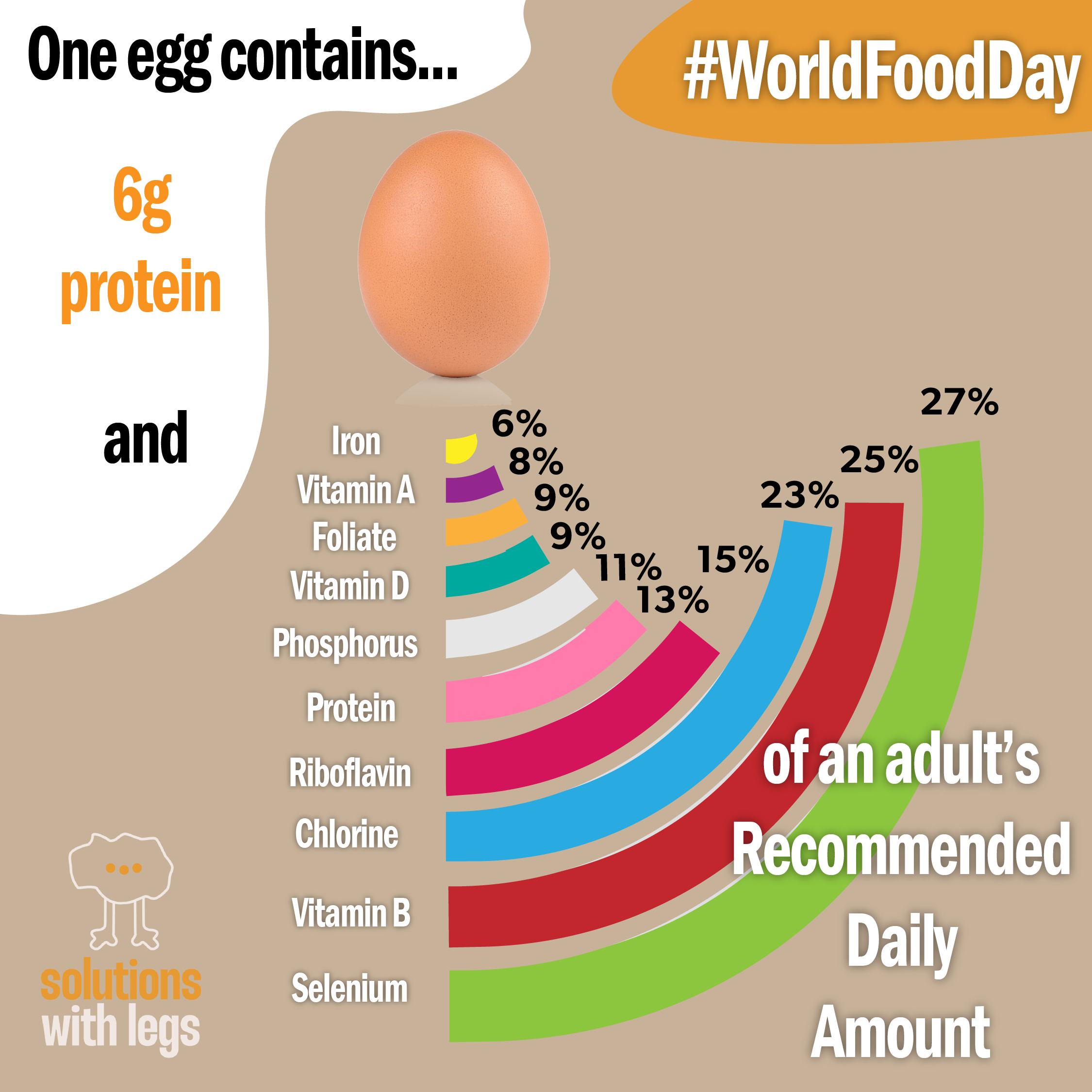
And while excluding animal products from your diet as a vegetarian or vegan is a choice some people have the luxury to make, if they know what they’re doing, and take care, they can be perfectly healthy. But there are probably far more people who have no choice in the matter. They would eat meat if they could, but they simply can’t afford it. For those people, a little bit of animal source food – milk, meat, eggs – can make a great difference to their health and wellbeing, especially in the first 1,000 days of life. And they provide lifelong benefits. Listen to an episode of Eat This podcast 'In Praise of Meat, Milk and Eggs' here.
Yet if eggs are so nutritious, what prevents them from reaching children who need them?
Growing women's livelihoods
The ILRI-led Women in Business (WiB) project empowers women to benefit from chicken farming in Ethiopia and Tanzania. Read about its impact in Tanzania here, and listen to a podcast about this project here.
In Zambia, the Accelerated Innovation Delivery Initiative – Livestock (AID-L) project led by Venture37 and ILRI, and funded by USAID, has been supporting training of women poultry farmers. Read about their recent activity here.
One Health
Safeguarding health through smarter antibiotic use in chickens
Uganda's poultry farmers are reducing antibiotic use through innovative behavioral nudges. Collaborating with local farmers, we've developed tailored solutions like feeding plans, regular inspections, and scheduled vaccinations.
Eye-catching, user-friendly posters guide these practices, ensuring they’re easy to follow and impactful. This initiative reduces antibiotic misuse and resistance while boosting productivity and health. It bridges technology and behavior to promote sustainable poultry farming practices.
ILRI is boosting antimicrobial resistance and antimicrobial use surveillance in 10 African countries through training and field support, enhancing national capacities to safeguard public health and ensure sustainable antimicrobial use in agriculture and medicine.

And to ensure poultry farming happens safely, sustainably and humanely, maintaining animal welfare is key. Listen to our podcast with bioethicist Peter Singer, animal welfare expert Rebecca Doyle, and Michel Dione, senior scientist in animal health.
